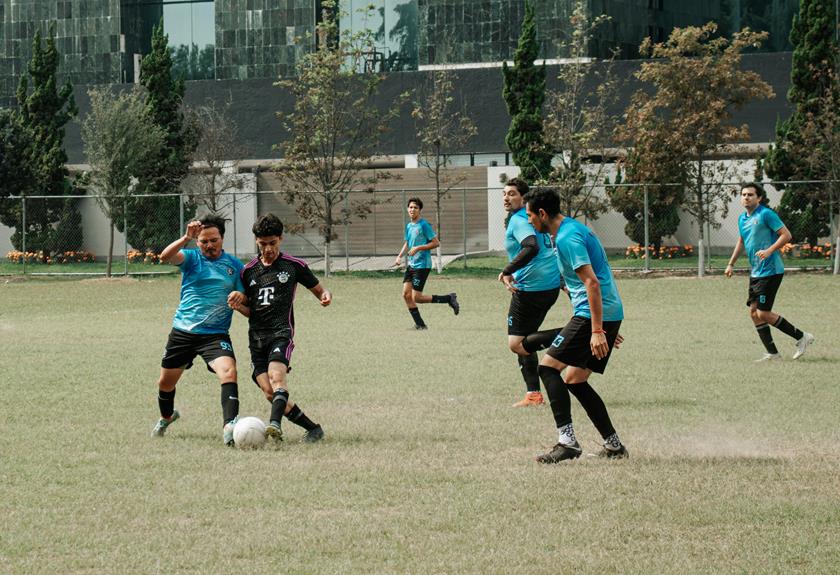Understanding igaming licensing requirements is essential for industry compliance and fairness. Detailed documentation, financial stability, and background checks are key components. Regulatory bodies like the MGA and UKGC oversee fair play and player protection. Financial preparedness for setup costs and operational expenses is fundamental. Compliance with age verification and responsible gaming measures is vital. Regular license maintenance and renewal are mandatory for ongoing operations. For a deeper understanding of how these elements impact operations and player experiences, further exploration is recommended.
Overview of Igaming Licensing
Frequently overlooked, an understanding of the intricate process involved in obtaining an Igaming license is essential for those looking to explore the online gaming industry.
Igaming licensing involves stringent regulatory requirements to guarantee compliance with laws and standards. It includes thorough background checks, financial assessments, and technical audits to secure the integrity and fairness of online gaming operations.
Understanding these complexities is vital for aspiring industry participants.
Application Process and Documentation
To proceed with an Igaming license application, prospective operators must meticulously adhere to specific requirements and provide detailed documentation outlining their business operations and financial standing.
| Application Documents | Description | Importance |
|---|---|---|
| Business Plan | Outlines operations and strategies | High |
| Financial Statements | Demonstrates financial stability | High |
| Compliance Policies | Guarantees adherence to regulations | Medium |
| Personal Background Checks | Verifies integrity of key individuals | High |
| Gaming Software Details | Describes the platform used | Medium |
Regulatory Bodies and Jurisdictions
When it comes to igaming licensing, understanding the regulatory bodies and key jurisdictions is essential.
Top regulatory bodies play a vital role in overseeing the industry and ensuring compliance with standards.
Likewise, key jurisdictions offer specific frameworks for licensing and operating within their boundaries.
Top Regulatory Bodies
The cornerstone of the igaming industry lies in its adherence to regulations set forth by the top regulatory bodies and jurisdictions. Some of the leading regulatory bodies include the Malta Gaming Authority (MGA), the United Kingdom Gambling Commission (UKGC), and the Gibraltar Regulatory Authority.
These entities uphold fair play, responsible gaming practices, and the protection of players' rights within the online gaming sector. Adherence to their standards is essential for operating in a trustworthy and reputable manner.
Key Jurisdictions
In the domain of igaming licensing requirements, an understanding of key jurisdictions encompassing regulatory bodies and jurisdictions is paramount for operators seeking to establish a compliant and reputable presence in the industry.
Key jurisdictions like Malta, the UK, Gibraltar, and Curacao play significant roles in overseeing and regulating igaming operations, ensuring adherence to standards and guidelines set forth by their respective regulatory bodies.
Financial Requirements for Licensing
Financial preparedness is an essential aspect for meeting igaming licensing requirements. Applicants must demonstrate sufficient capital to operate a sustainable igaming business. This includes having funds for initial setup costs, ongoing operational expenses, and potential regulatory fees.
Financial stability is vital to guarantee player protection, timely payouts, and adherence to regulatory standards. Meeting these requirements showcases a commitment to operating a reputable and compliant igaming platform.
Compliance and Responsible Gaming Measures
To guarantee compliance and responsible gaming within the igaming industry, operators must implement stringent age verification procedures to prevent underage gambling.
Additionally, offering problem gambling support services is vital to assist players who may be struggling with addiction.
Utilizing responsible gaming tools such as deposit limits and self-exclusion options further promotes a safe and enjoyable gaming environment for all users.
Age Verification Procedures
Ensuring strict adherence to age verification procedures is a fundamental aspect of maintaining compliance and implementing responsible gaming measures within the iGaming industry.
Methods include document checks and identity verification.
Age verification is required before account creation.
Regular reviews of age verification processes are conducted.
Failure to comply can lead to severe penalties and license revocation.
Problem Gambling Support
Implementing robust problem gambling support measures is an essential component of maintaining compliance and promoting responsible gaming within the iGaming industry. It is vital for operators to provide effective resources for individuals struggling with gambling addiction. Here is a table emphasizing key elements of problem gambling support:
| Problem Gambling Support |
|---|
| 24/7 Helpline |
| Self-Exclusion Tools |
| Responsible Gaming Tips |
| Referral to Support Groups |
Responsible Gaming Tools
Effective implementation of responsible gaming tools is crucial for maintaining compliance and promoting responsible gaming practices within the iGaming industry.
- Self-exclusion options allow players to restrict their access.
- Reality checks remind players of time spent on the platform.
- Deposit limits help players control their spending.
- Session limits encourage responsible gaming habits.
Renewal and Maintenance of Licenses
To uphold regulatory compliance standards, license holders must regularly undergo the process of license renewal and maintenance. This involves fulfilling requirements set by regulatory bodies, such as updating financial records, submitting reports, and complying with ongoing regulatory standards.
Failure to maintain these standards could result in the suspension or revocation of the license, impacting the ability to operate within the igaming industry.
Impact of Licensing on Players
Licensing requirements in the igaming industry directly impact the protection and rights of players participating in online gambling activities.
- Guarantees operators adhere to responsible gaming practices.
- Mandates fair play and transparency in games.
- Provides avenues for dispute resolution.
- Sets standards for data protection and cybersecurity.
Conclusion
In summary, igaming licensing is a complex process that requires thorough documentation, financial stability, and adherence to regulatory requirements. It is essential for operators to maintain compliance with responsible gaming measures to protect players.
Renewal and maintenance of licenses are vital to guarantee continued operation within the jurisdiction. Overall, obtaining an igaming license is a rigorous but necessary step for operators to provide a safe and regulated online gaming environment.



































